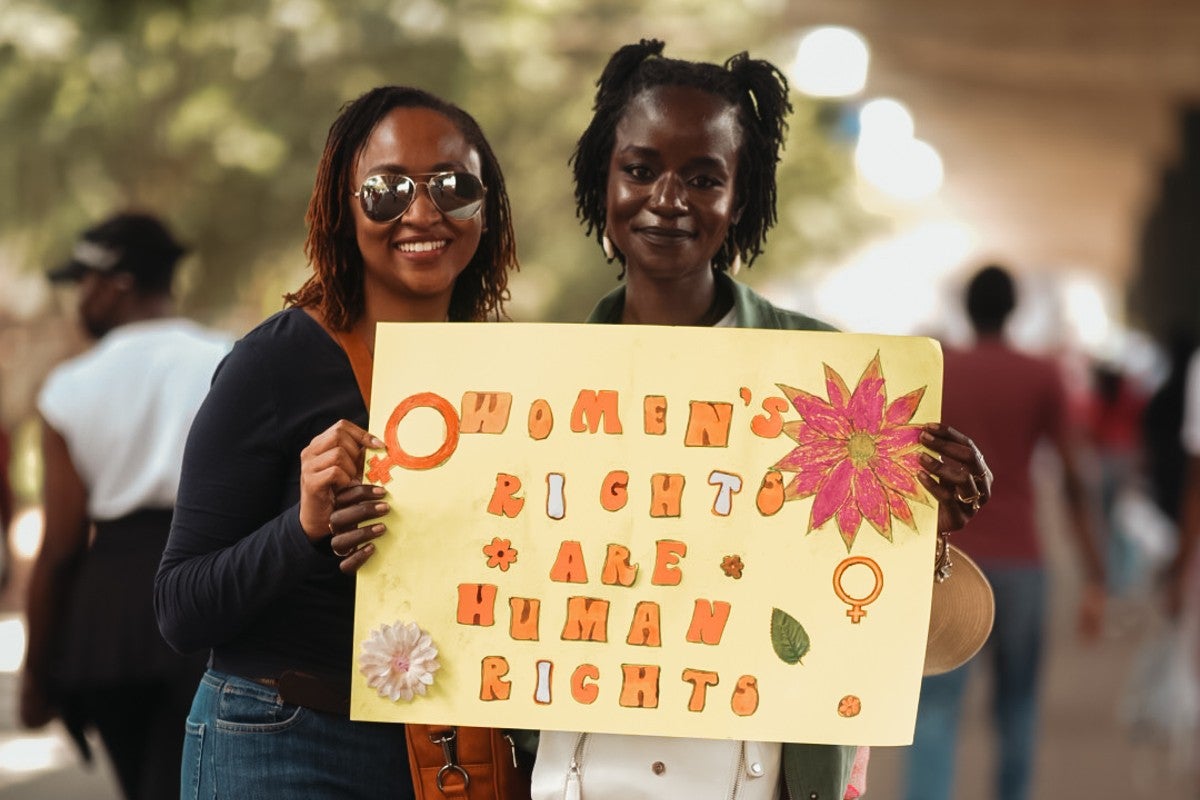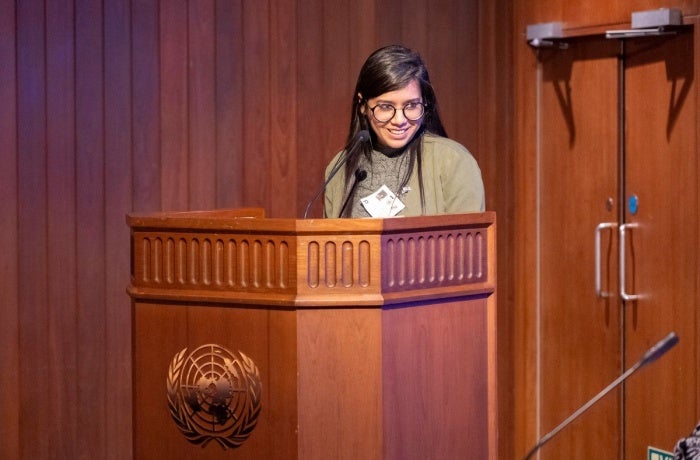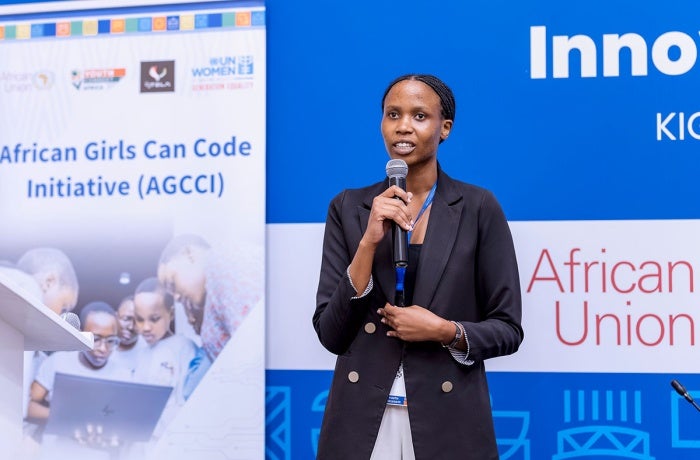Women’s rights in 2025: Hope, resilience, and the fight against backlash
This year marks the 30th anniversary of the Beijing Declaration and Platform for Action – a bold international agreement on women’s rights adopted by governments in 1995 that remains unmatched in ambition. In reviewing its progress, 24 per cent of countries say that the backlash on gender equality has undermined the implementation of commitments that could unlock equality, rights and protection for all women and girls.
Insecurity, crises and democratic decay have created a perfect storm of backlash against women’s rights. Nearly three quarters of the world’s population are living under autocratic rule that have curtailed rights and freedoms, and over 600 million women and girls lived in conflict-affected countries in 2022.
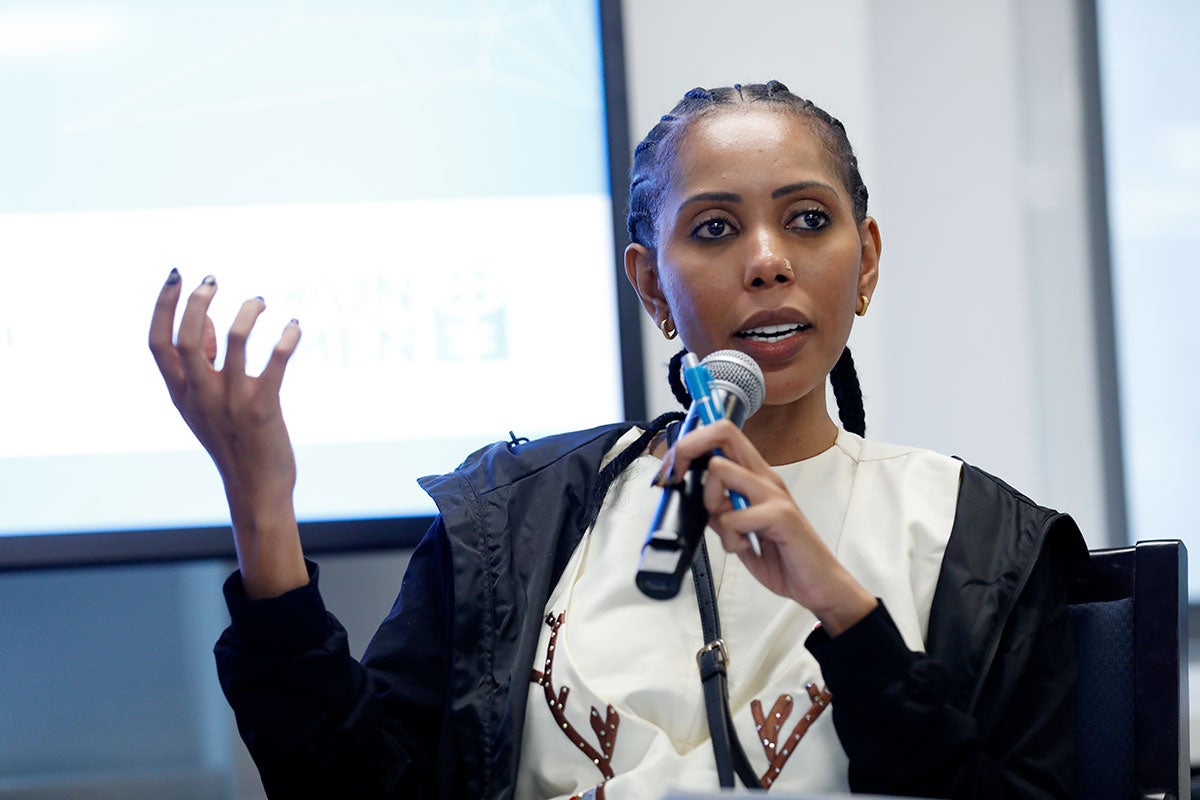
“Hope is a radical act.”
International Women’s Day 2025: Feminists on what keeps them going
The backlash against women’s human rights is not new. Each hard-won gain – from the right to vote to the right to engage in paid work, equal opportunities, and freedom from violence – have been the result of battles fought by feminists since before some of us can remember.
UN Women spoke to feminists and activists from around the world about what gives them hope today, and what resilience means. It’s clear from their responses that their faith in women’s rights, progress, and gender equality remains undaunted.
Women and girls will not wait for another thirty years for equal rights.
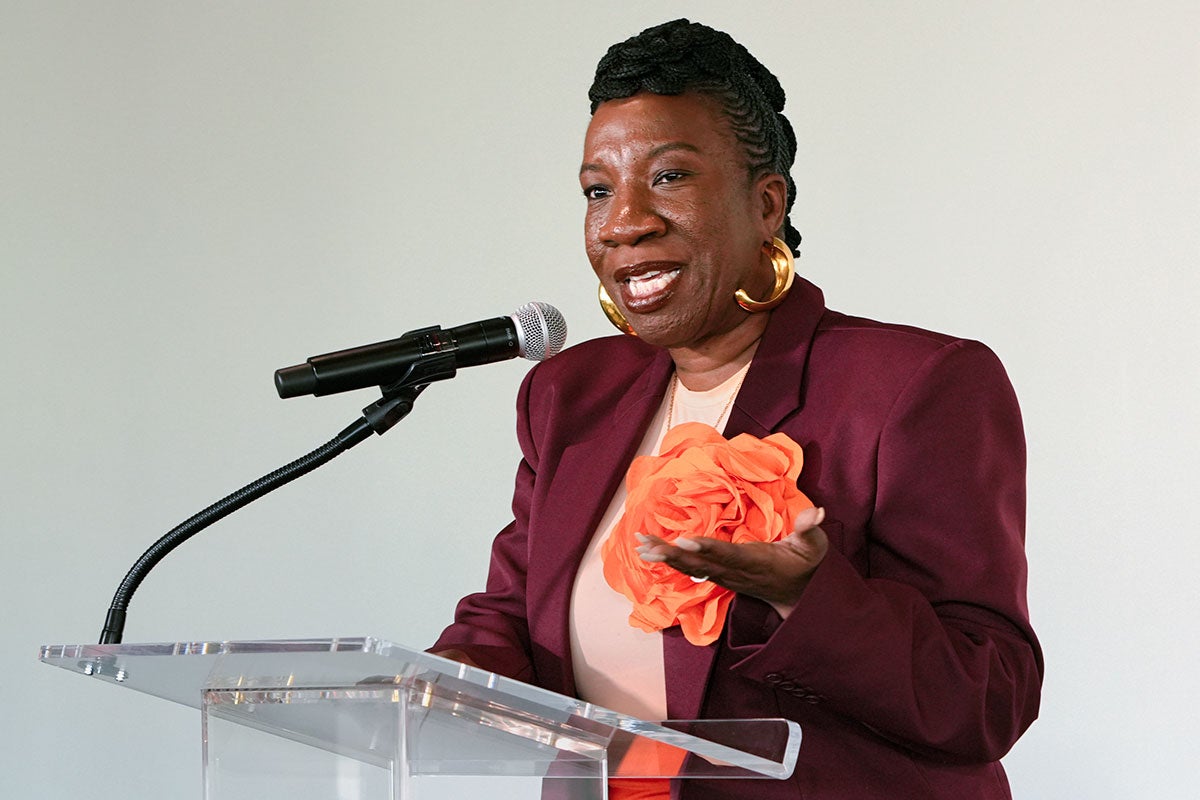
“As bad as it looks, as hard as this moment is, we are in it because we're winning.”
Understanding the backlash against women’s rights
“The backlash against gender equality often stems from fear—fear of losing power, privilege, and control,” says Jaha Dukureh, survivor, activist, and UN Women Goodwill Ambassador for Africa.
“As more women, survivors and marginalized groups demand equality and challenge long-standing systems of oppression, those who benefit from the status quo feel threatened. Social media has amplified both progress and backlash… When systems are being challenged, they push back harder—but that means we are making an impact.”
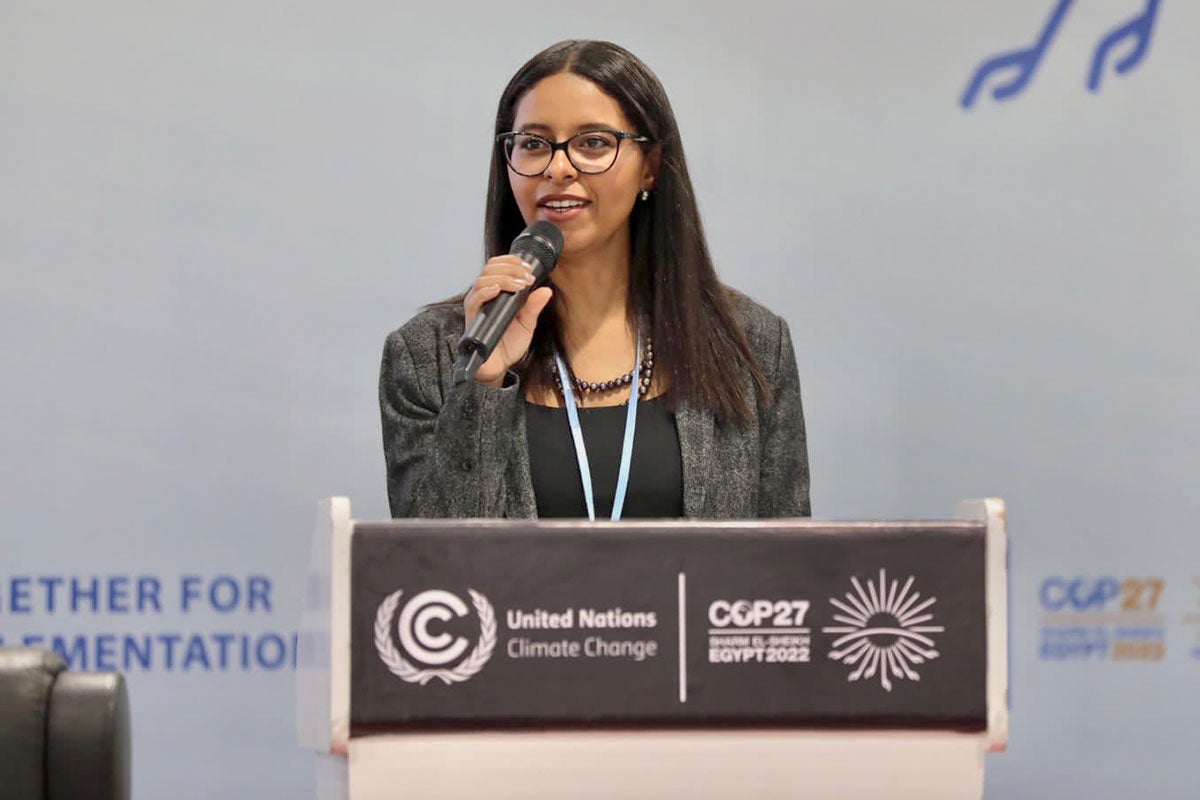
“This backlash is a sign that we're making progress. Women's voices are growing stronger.”
“Our rights are non-negotiable, not ideological debate,” asserted Phatteeya Yongsanguanchai, 19-year-old climate activist from Thailand, who goes by the name, Grace.
“People often frame climate change as unrelated to gender. But it’s marginalized women and girls in rural areas, who are carrying the heaviest burdens and overlooked.”
“The greatest threat against us is the deeply held grip of patriarchy.” – Tarana Burke
For Lúcia Xavier, “violence is the main threat, with racism as its foundation.”
“This violence doesn’t just threaten our lives, it also threatens the lives of future generations. It prevents us from imagining and dreaming of other possibilities for life.” Xavier is an antiracist feminist activist, cofounder and general coordinator of the Brazilian NGO Criola.
Hope rooted in progress and action
“As bad as it looks, as hard as this moment is, we are in it because we're winning,” believes Tarana Burke, activist, author, and founder of the #MeToo movement.
“I feel hopeful when I am watching us continue to push through these moments and be really focused on the goal.”
“Without hope, there is no action.” — Jaha Dukureh
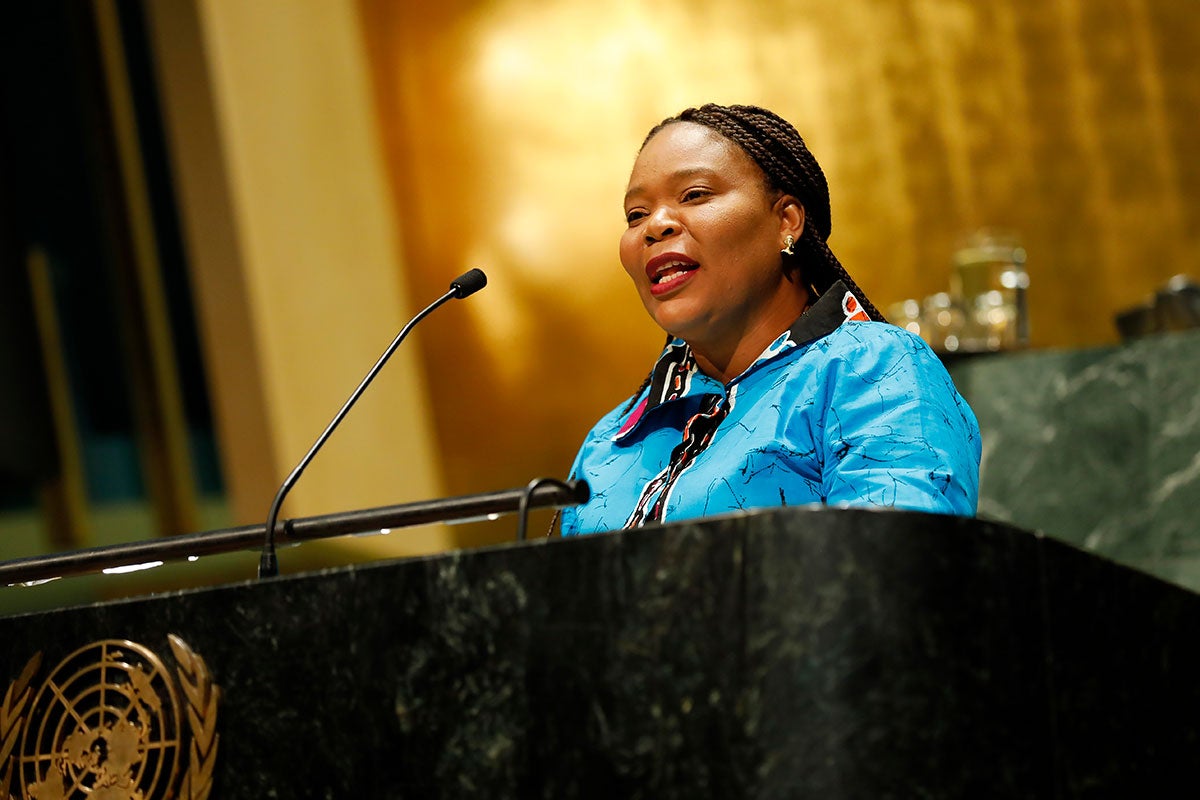
"Women matter, in all matters."
"This is not the moment to despair, we must stand up, speak up and show up! No one will do it more efficiently than us (women)," says Leymah Gbowee, Nobel Peace Laureate, Liberian peace activist, social worker and women’s rights advocate.
“Anyone who has made it from the time of slavery until today and is still standing, has the ability to keep pushing for change. What inspires me and gives me hope is the activism of women,” shares Lucia Xavier.
“If we lost hope, we wouldn’t be moving forward. We would be sliding backwards.” – Samira Rashwan
“Without hope, there is no action. Hope is not passive—it’s a radical act,” reminds Jaha Dukureh. “It pushes us to keep fighting, dreaming, and believing in a better future, even when the odds seem insurmountable.”
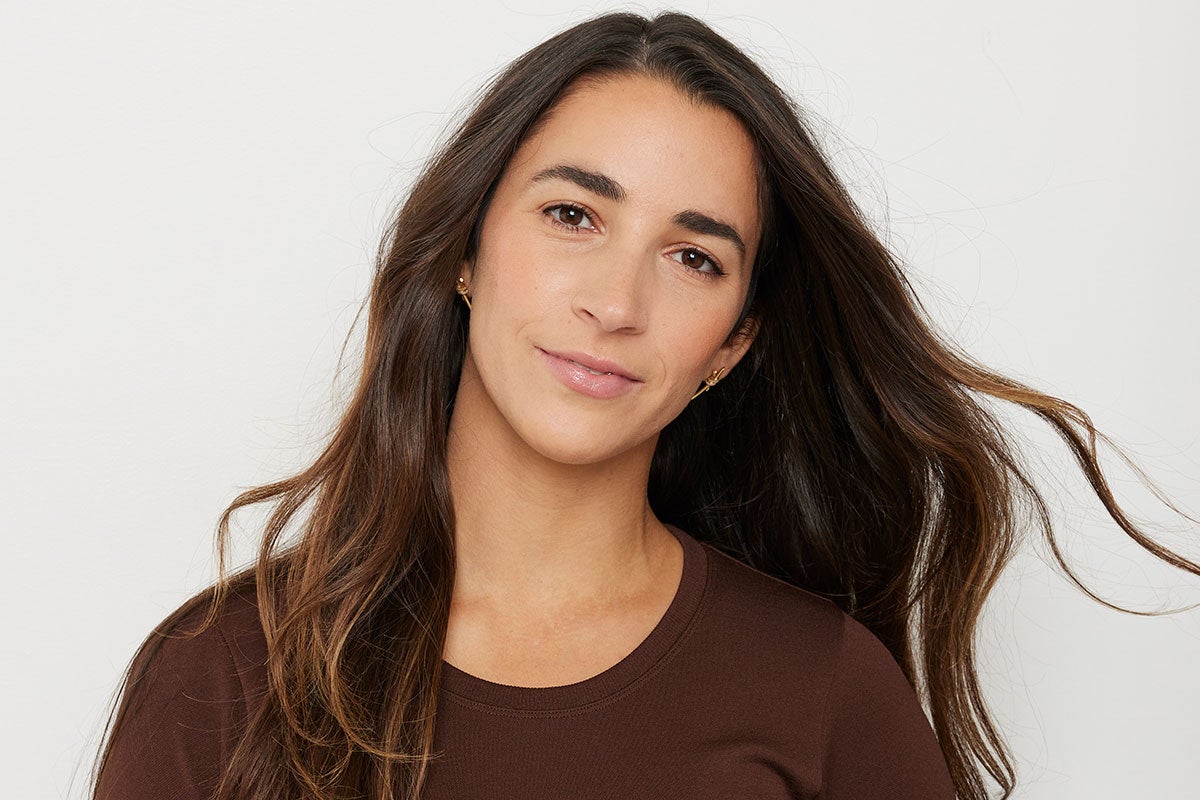
“Never underestimate the power of your voice and supporting others.”
How activists tackle burnout or backlash
“I do my best to turn worry and fear into action while also acknowledging that it’s okay to feel scared and sad,” says Aly Raisman, Olympic gold medal gymnast, author and activist.
“My advice to younger feminists is to remember that you cannot pour from an empty cup.” – Jaha Dukureh
“There have been moments when I felt overwhelmed…What helps me is remembering my “why”—the women and girls I fight for, including my younger self and my daughter Khadija” shares Jaha Dukureh.
“I also lean on my community. Talking to fellow activists, taking breaks when necessary, and reminding myself that change is a marathon, not a sprint, keeps me grounded.”
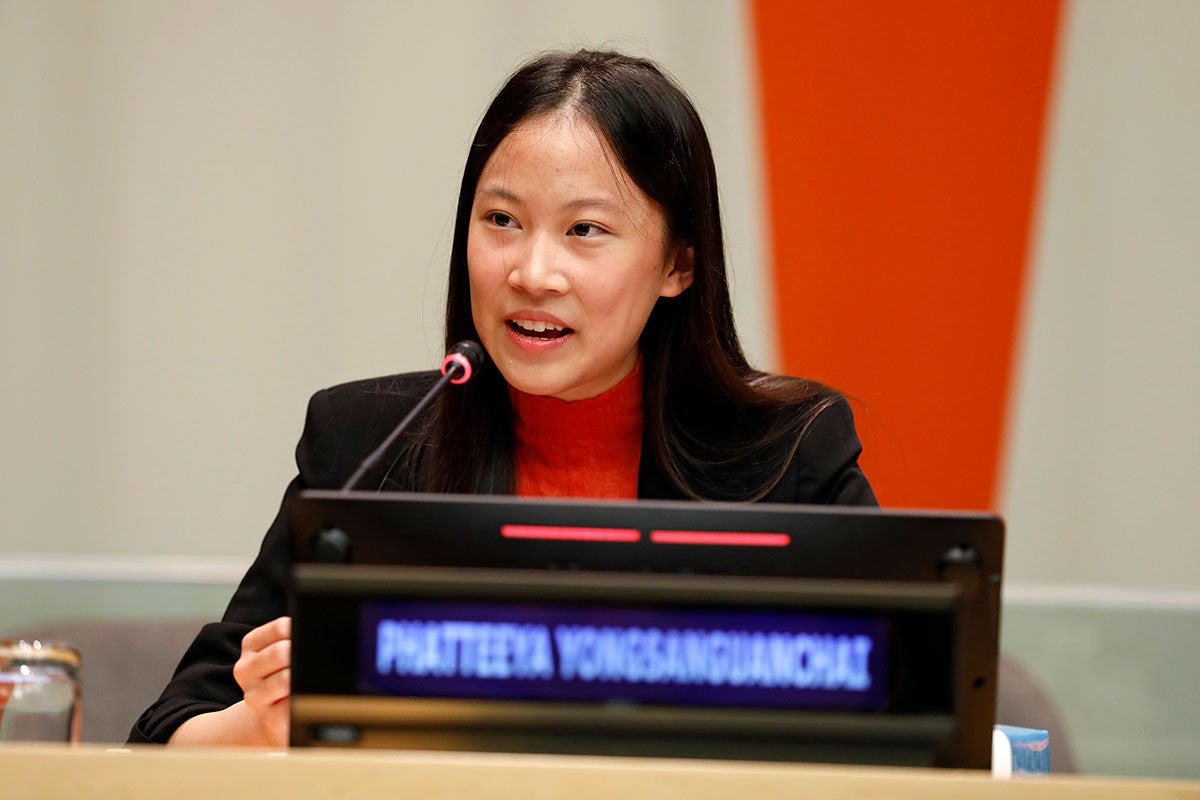
“I found hope from being a part of a larger community.”
“There's no way to commit your life to this work without knowing that you will have a roller coaster of emotions, including despair,” cautions Tarana Burke.
“Follow your own heart, and your needs. There are some people who are activated by moments of despair. If that's true for you, then lean into that. But not everybody is built that way. What people have to remember in times of despair and burnout is that every bit counts, including your self-healing.”
“Progress is not just big policy changes… It’s also in the small wins.” – Jaha Dukureh
How to support women's rights today
We asked activists from around the world for tips on how to support women's rights today. Here is what they said:
- Educate yourselves about the issues.
- Donate to grassroots organizations and women's movements to fill the funding gaps.
- Do your part to help prevent violence against women and children, help people get the necessary tools and awareness to recognize unsafe situations and take action.
- Amplify the voices of women and marginalized groups.
- Hold leaders accountable.
- Listen to women’s experiences and believe them.








